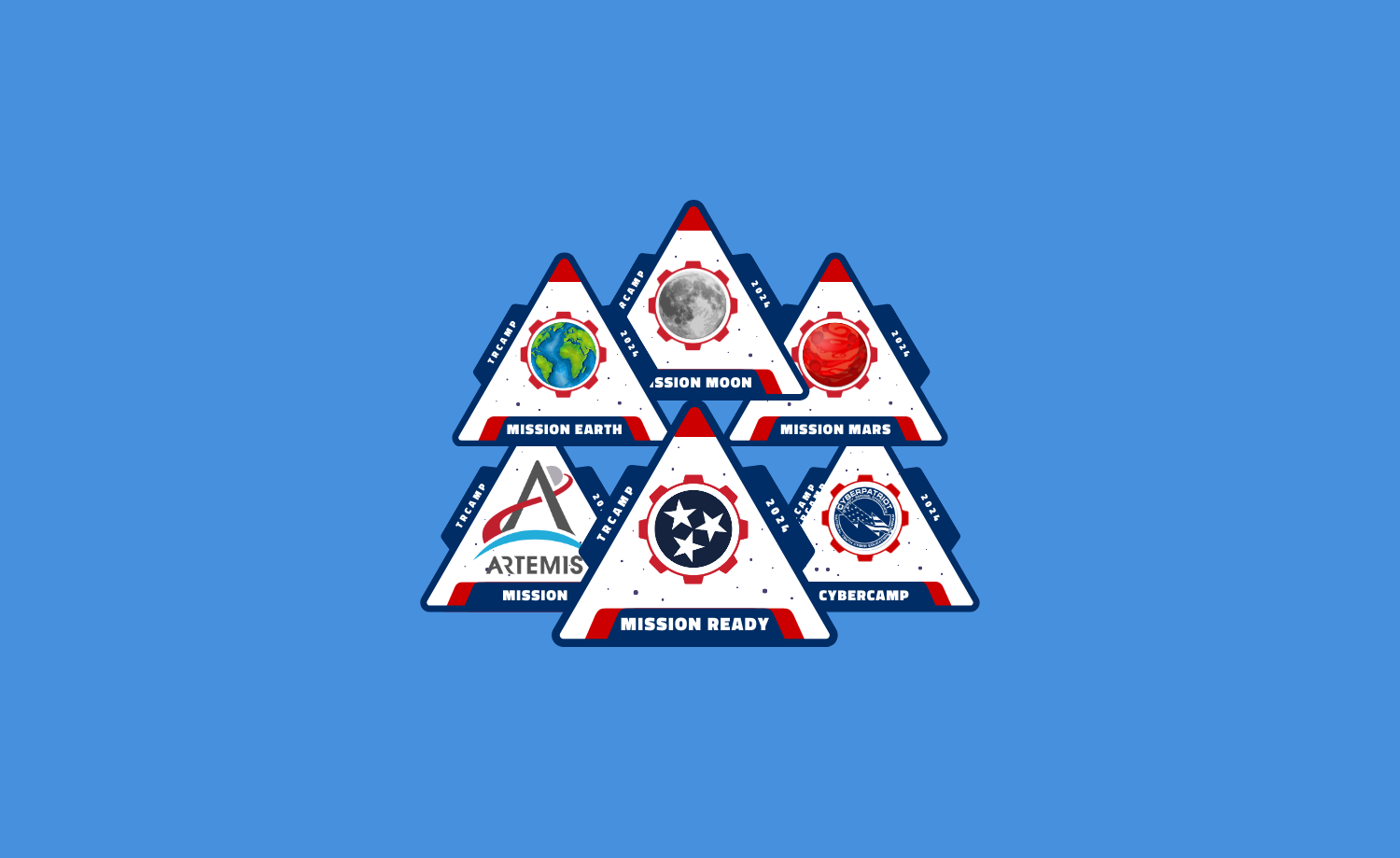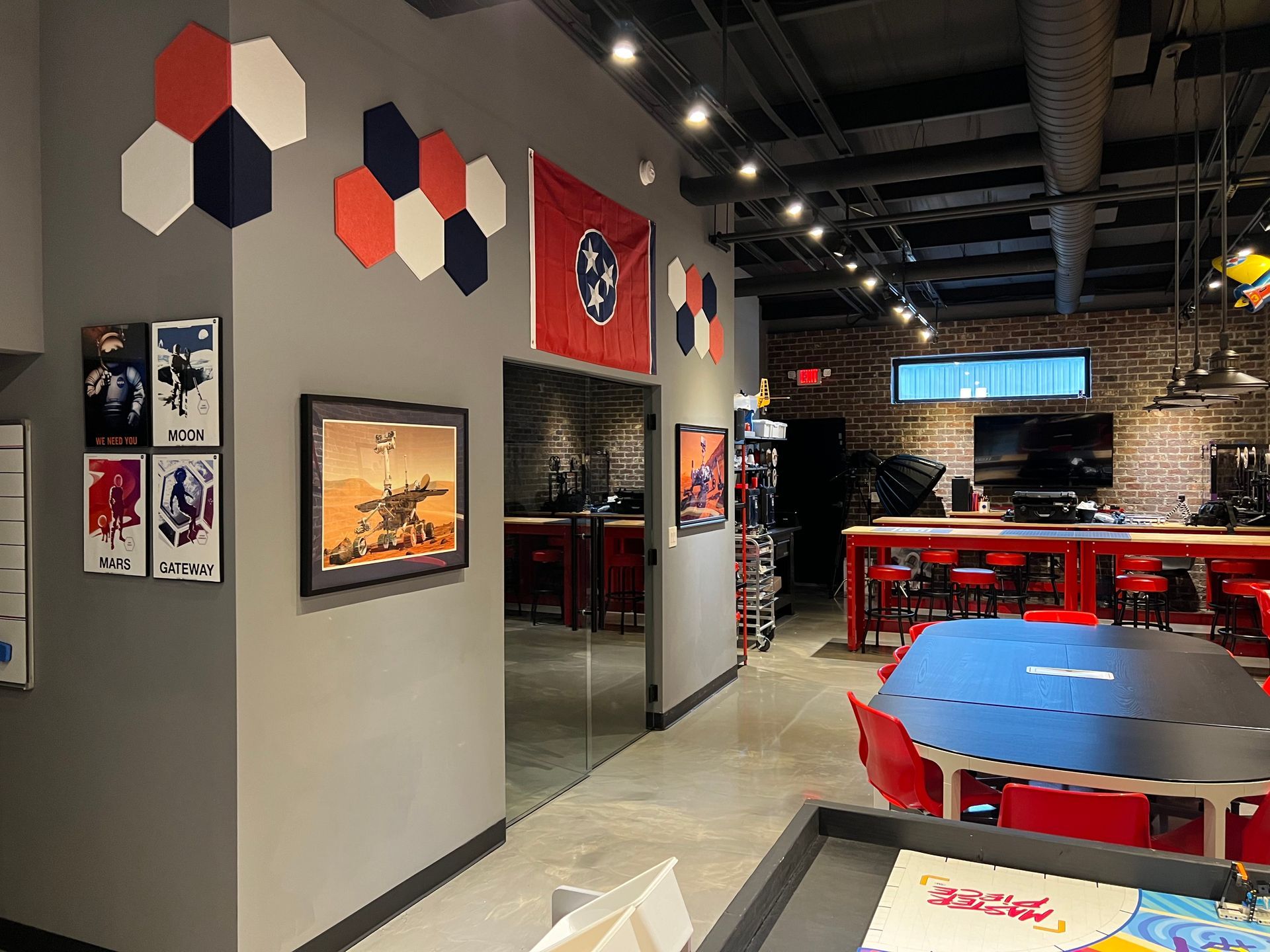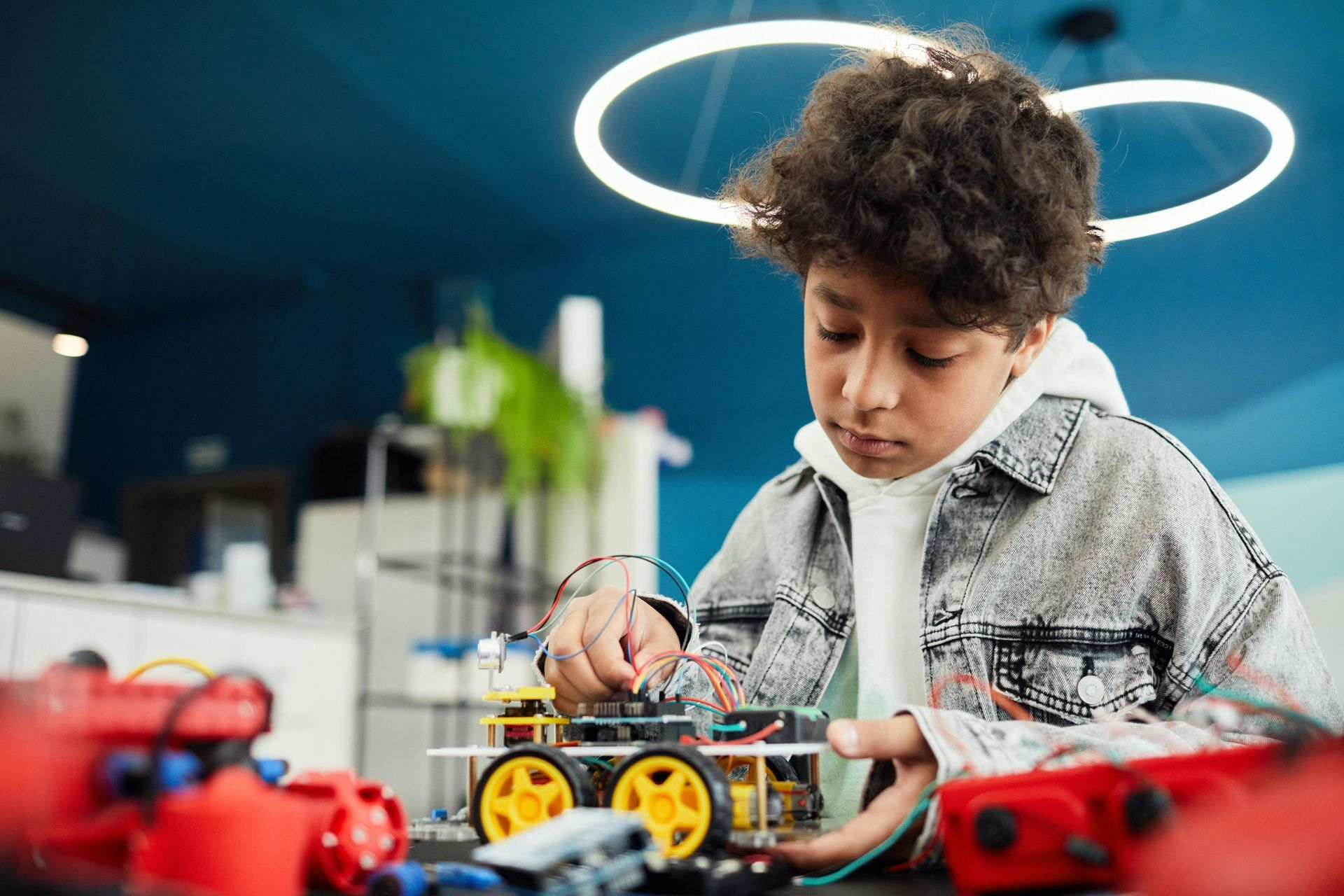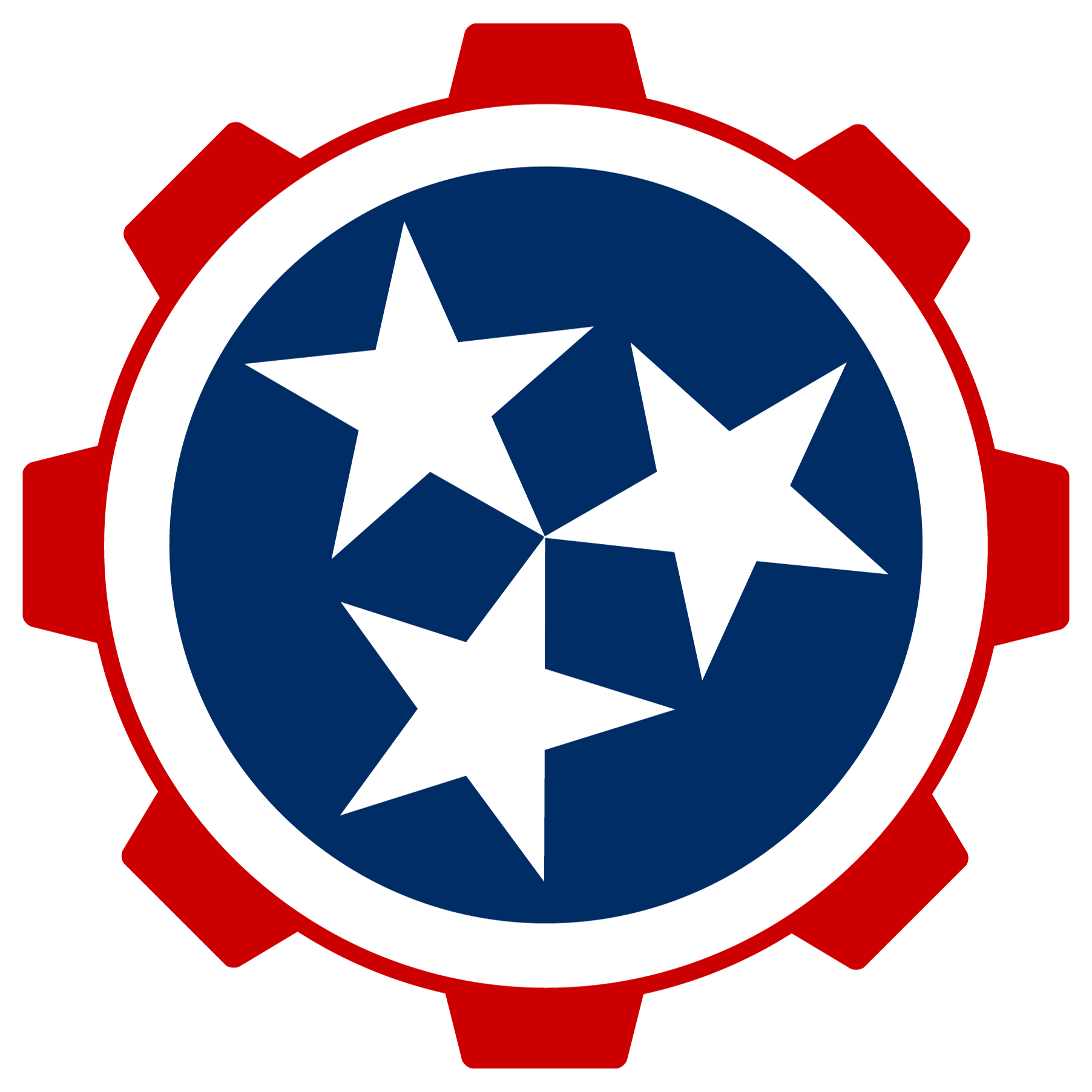Afterschool Class
Transform your student's afternoons into engineering adventures that inspire, challenge,
and prepare them for tomorrow's opportunities.
REAL ENGINEERING. AFTER THE BELL.
Most afterschool programs are about filling time. Ours is about building futures.
TRC Afterschool brings the full TRConstellation curriculum to students after the school day ends. Same professional instructors. Same competition-grade platforms. Same pathway that leads to TRCompetition teams and real tournaments.
Your student won't just have somewhere to go after school—they'll have somewhere to grow.
Professional Instruction. Convenient Schedule.
TRC Afterschool is led by trained coaches and mentors—not volunteers watching the clock.
Classes meet in the late afternoon at our Murfreesboro learning center, designed to fit working parents' schedules. Drop off after school, pick up after work. Your student spends that time building robots, writing code, and solving engineering challenges—not staring at screens.
Industry-Standard Platforms
We use the same equipment students encounter in official FIRST and Robot Drone League competitions:
Program Grade Platform Competition Pathway
Discoverers (Gr. K–2) LEGO SPIKE Essential FLL Explore
Explorers (Gr. 3–5) LEGO SPIKE Prime FLL Challenge
Challengers (Gr. 6–8) Robot Drone League RDL Competition
Pathfinders (Gr. 9–12) REV Robotics FIRST Tech Challenge
These aren't toys. They're the platforms that prepare students for real engineering challenges—and real competitions.
A Complete K–12 Pathway
Your student can start in kindergarten and continue through senior year—building skills systematically at every level. When they're ready, they can join TRCompetition teams and compete at regional, state, and national tournaments.
One program. One community. From first build to graduation.
More Than Enrichment—It's a Head Start
While other kids spend their afternoons on passive activities, TRC Afterschool students are:
- Learning to code on industry-standard platforms
- Developing problem-solving skills through hands-on challenges
- Building teamwork and communication abilities
- Creating portfolios that stand out on college applications
- Earning access to $80M+ in FIRST scholarship opportunities
A few hours a week now. A competitive edge for years to come.
A Schedule That Works for Working Families
Classes meet Monday through Thursday afternoons at our Murfreesboro learning center. Multiple time slots available—pick what works for your family.
Siblings can attend together, and TRC Family Discounts apply: 10% off your second child, 15% off third and beyond.

Ready to begin your TRC mission?
Join other like-minded students who have discovered their passion for engineering through TRConstellation.
